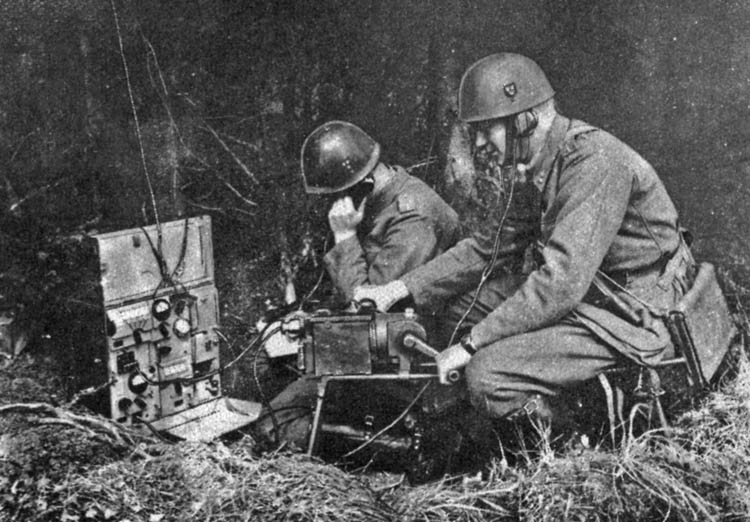Introduction:
Effective communication has always been the lifeblood of successful military operations. In an era where advanced technologies dominate the battlefield, it’s important not to overlook the enduring significance of radio communication. In this blog post, we will highlight the importance of radio communication from a military perspective, focusing on its historical significance in the context of warfare.

The Historical Significance of Radio in War:
1. World War I: The Birth of Battlefield Radio:
The First World War marked a turning point in the use of radio communication in warfare. Prior to the war, wireless communication technology was still in its infancy. However, during the conflict, radio communication systems were rapidly developed and deployed on the battlefield. These systems enabled instantaneous communication between units, allowing for coordinated attacks, reconnaissance, and logistical support. Radio technology played a pivotal role in enhancing situational awareness and ensuring efficient command and control.
2. World War II: Advancements in Radio Communication:
World War II witnessed significant advancements in radio technology. Both Axis and Allied forces heavily relied on radio communication for a wide range of purposes, including coordinating large-scale military operations, relaying vital intelligence, and providing tactical instructions to troops on the ground. Radios became smaller, more portable, and more robust, enabling communication in diverse environments and challenging conditions. The development of frequency hopping and encryption techniques also bolstered the security of radio transmissions, preventing enemy interception and ensuring the confidentiality of critical information.
3. Cold War Era: Radio Communication as a Strategic Asset:
The Cold War era witnessed a transformation in the role of radio communication. Radios became an essential strategic asset for military forces, intelligence agencies, and governments around the world. Both the United States and the Soviet Union invested heavily in developing advanced radio systems, including secure communication networks and satellite-based systems. Radios played a critical role in nuclear command and control, surveillance, and intelligence gathering, highlighting the significance of reliable and secure communication in maintaining global stability.
4. Modern Warfare: Radio Communication in the Digital Age:
In the contemporary era, radio communication remains an indispensable component of military operations. While newer technologies such as satellite communication and digital networks have emerged, radios continue to serve as a reliable and resilient means of communication in dynamic and hostile environments. Portable and encrypted radios enable secure voice and data transmission, facilitating real-time coordination, target acquisition, and situational awareness. Radios also provide interoperability between different units, branches, and coalition forces, ensuring seamless communication across diverse operational settings.

Conclusion:
Throughout history, radio communication has played a crucial role in military operations, providing a reliable and efficient means of communication on the battlefield. From its emergence in World War I to the Cold War era and the modern digital age, radios have evolved to meet the changing needs of military forces. They have enhanced command and control, facilitated coordination, and ensured the safety and effectiveness of military personnel.
While technology continues to advance, radio communication remains an essential component of military operations due to its reliability, portability, and resilience in challenging environments. The historical significance of radio in war serves as a testament to its enduring importance in maintaining effective communication and supporting the success of military missions.

